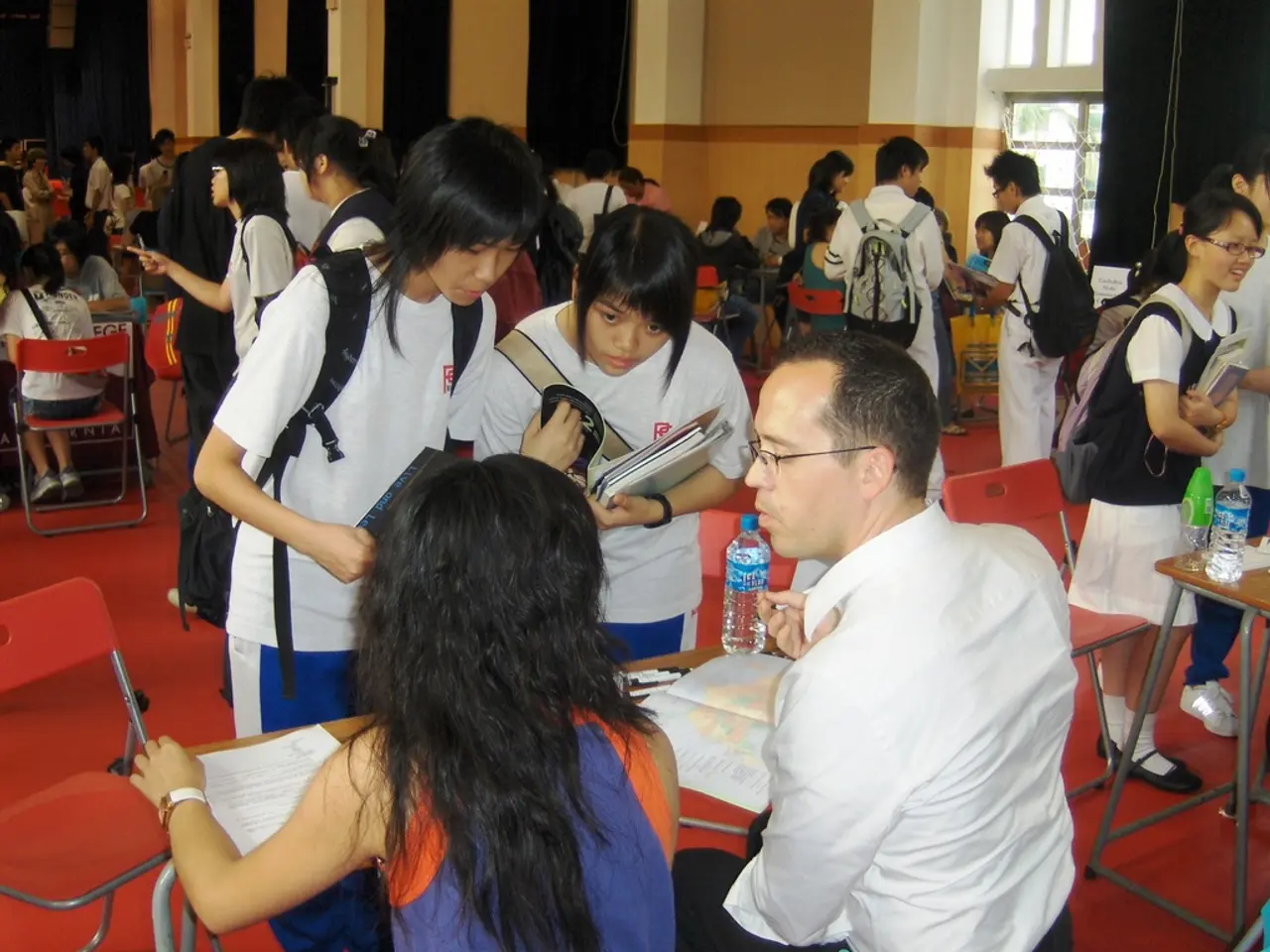Twelve Scholars Set to Commence Their Studies at Sciences Po This Academic Year
New Faculty Members Join Sciences Po's Academic Community
Sciences Po is strengthening its research policy by welcoming twelve new permanent faculty members this year. These new additions mark a significant academic development at the prestigious institution.
The new faculty members will contribute to Sciences Po's civic commitment to public debate, expanding knowledge across various academic disciplines. Their diverse experiences from different countries will enrich teaching at all levels of the curriculum.
Among the new faculty members, eight are women, four specialize in political science, two focus on international relations, one is an expert in economics, one specializes in law and human rights, and one faculty member's research focuses on environmental studies. Three of the new faculty members have previously taught at prestigious universities.
One faculty member, known for their contributions, has published multiple books on their area of expertise. Their research is expected to be published in leading academic journals. Another faculty member with a background in sociology is also joining the academic community.
Anne-Solenne de Roux, appointed Vice President for Academic Affairs, will oversee the integration of the new faculty members into Sciences Po's academic community. Julie Klein, Dean of the Law School and a noted professor, will also be part of this academic transformation.
While the names of the new faculty members are not explicitly listed in the available search results, their profiles can be discovered through direct inquiries to Sciences Po’s official announcements or news releases. It is worth noting that Harvard sociologists Frank Dobbin and Michèle Lamont were featured as visiting professors or guest lecturers, but they are not permanent faculty additions.
The arrival of these twelve new faculty members is set to influence Sciences Po's academic landscape, fostering intellectual exchange and driving the institution's mission to promote public debate and advance knowledge.
The integration of the new faculty members, hailing from diverse academic disciplines such as political science, international relations, economics, law and human rights, and environmental studies, will significantly contribute to Science Po's education-and-self-development initiatives. Their collective research, promising to be published in leading academic journals, further solidifies Science Po's position as a bastion of science and knowledge.




